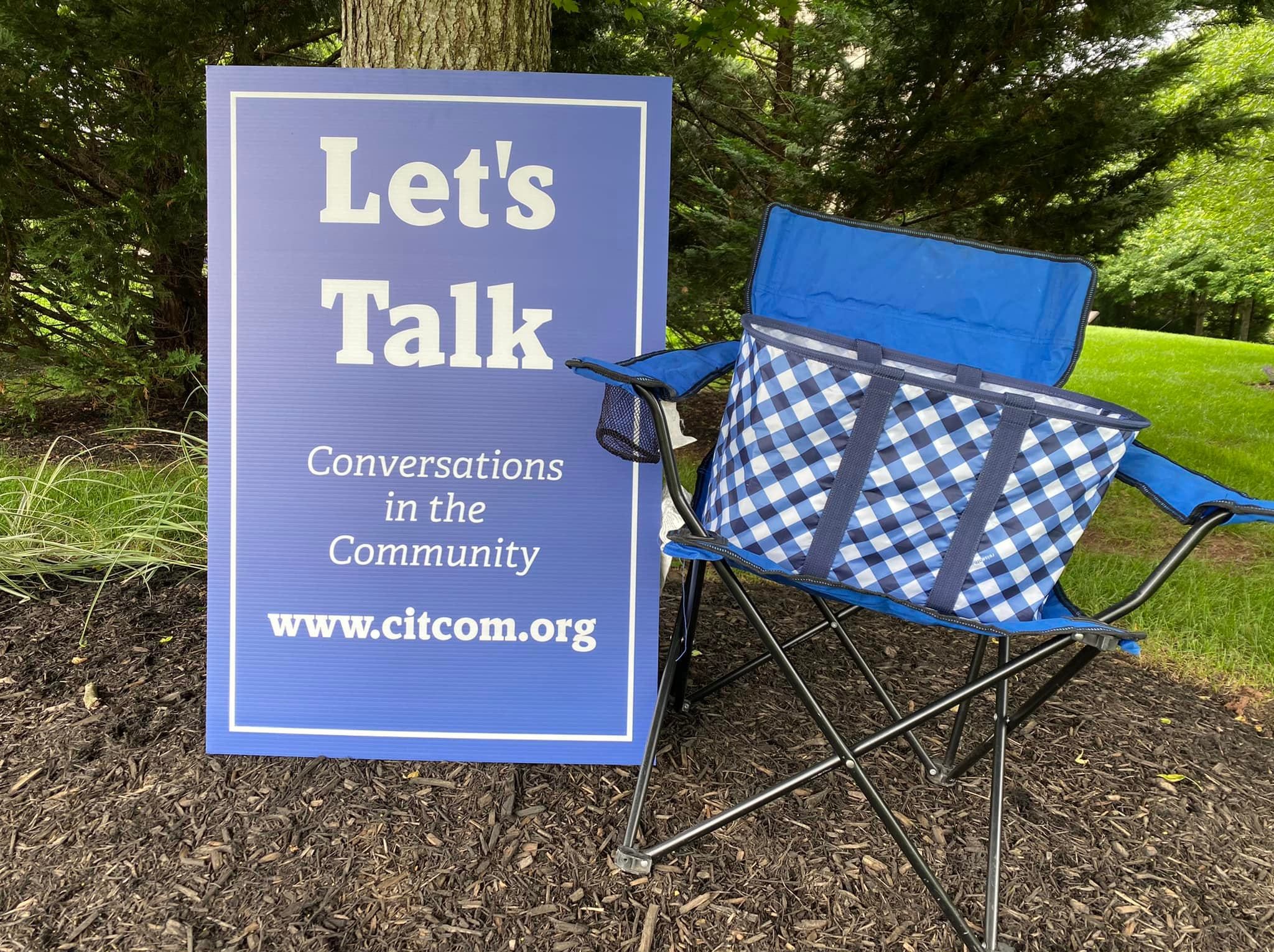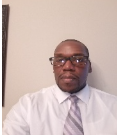How are we addressing trauma in our communities?
This is a question that Black communities have tried to answer for millennia, with no clear answer in sight. According to the American Journal of Public Health, major depression is most prevalent in Hispanic (10.8%) and Black (8.9%) of communities, with escalating numbers of anxiety growing in AAPI communities (17.21%) in 2020. There are several factors that created a cumulative effect on these results. Whether it’s the past hurts of institutional racism, lack of resources to address trauma, or socio-economic, political, and even spiritual influences, trauma is being recognized at higher levels than ever before.
Although on the local level there are efforts to start the healing process, like-minded members of the community are starting the simple process of coming together and asking difficult questions such as:
How do we combat Black trauma in healthy ways?
How are we affected by collective trauma in the community? (Microaggressions, murders, police brutality, voter suppression)
Is trauma transmissible from generation to generation?
Yesterday at Nelson Park in Manassas, Conversations In the Community hosted a forum titled “What Happened to Us? Trauma in the Black Community,” where these questions were discussed and answered with honesty and transparency. There were different generations represented at the discussion, but with everyone coming to the same conclusion: it’s time to address why we continue to have these issues, and it’s time to resolve them. Several solutions were offered, including visiting local public schools and recommending support networks aimed towards students of color to allow them to have a safe space. Another solution was to create a cadre of school representatives who would be trained to talk with their individual staff members on how to address mental health in the classroom to prevent future incidents.
Jennifer Roberts, founder of Conversations In the Community, spoke about the success of the event. “Conversations are powerful tools to address, better understand, and process life in our communities. Community conversations are like a large dinner table where we can gather, listen, ask, exchange information, and learn. These conversations give us safe spaces to be, to breathe, and to help build strong communities.”
Roberts plans to have more conversations in the future, and hopefully, this will be the genesis of healing from the unspeakable dangers that trauma brings.



